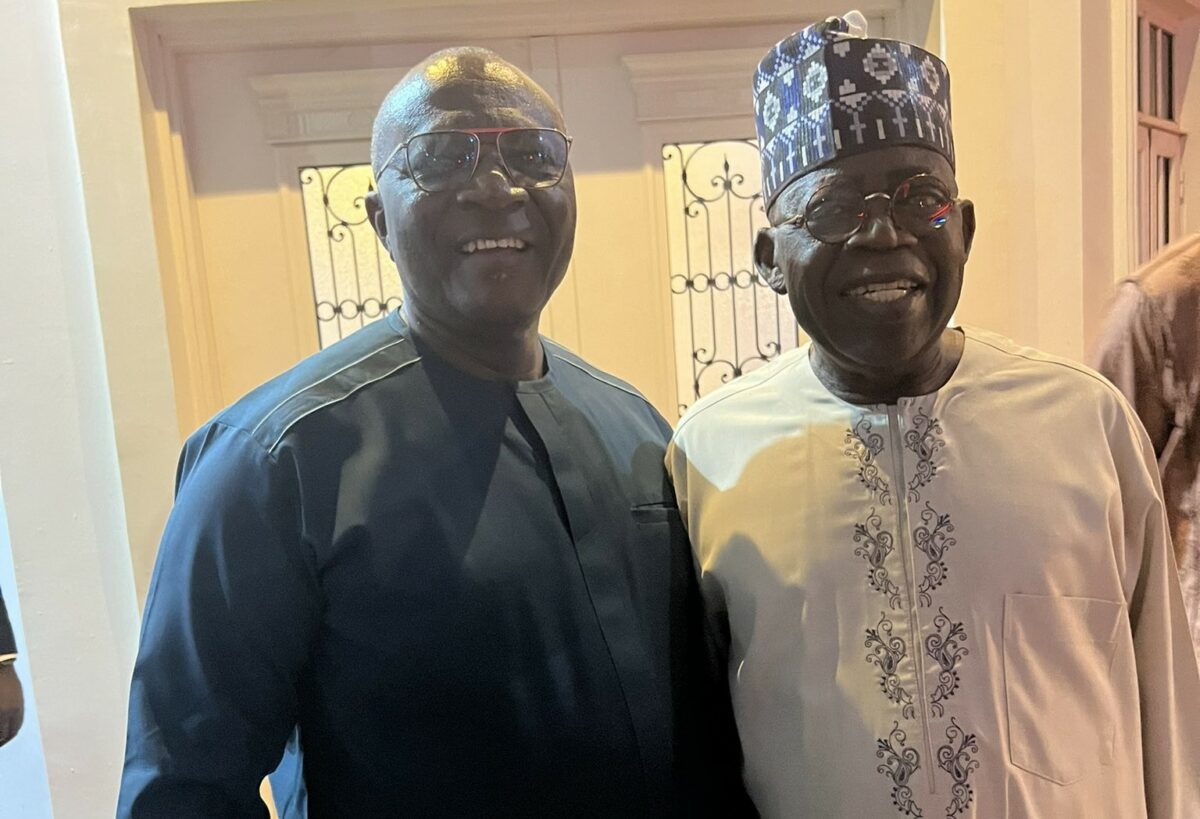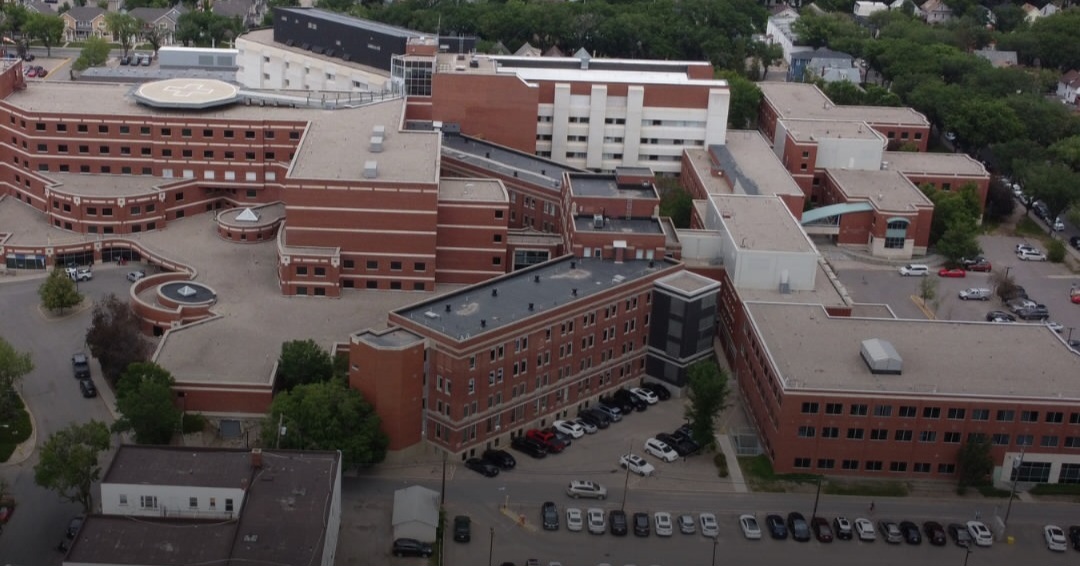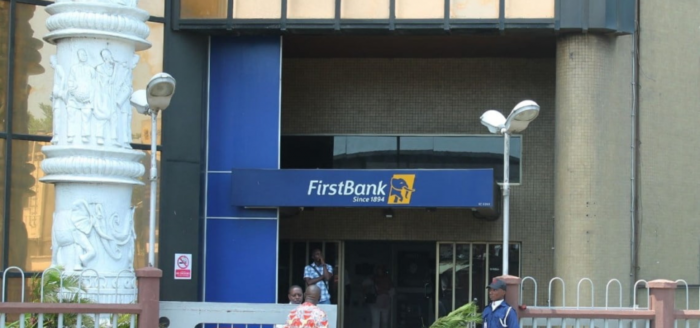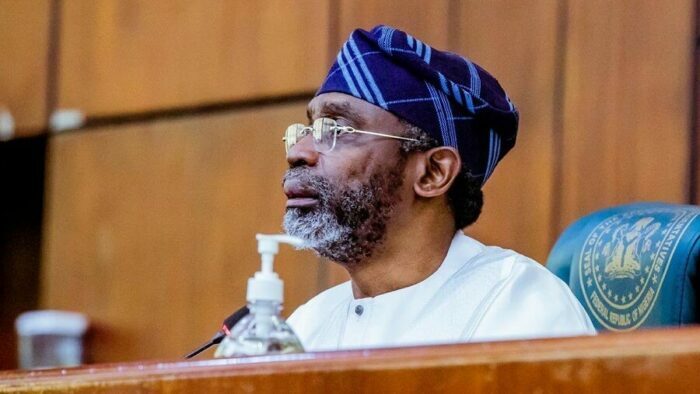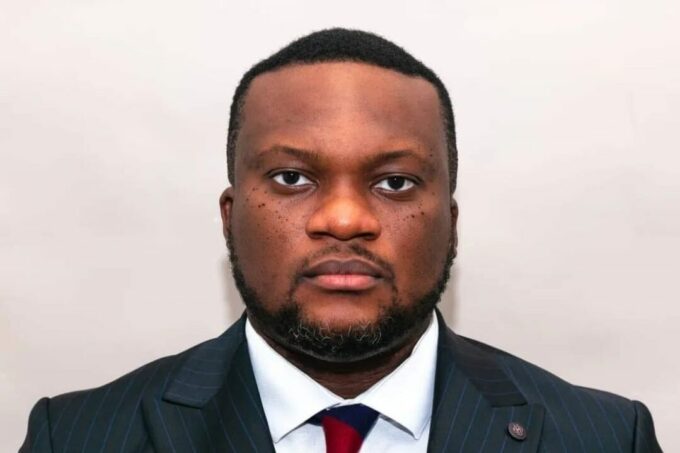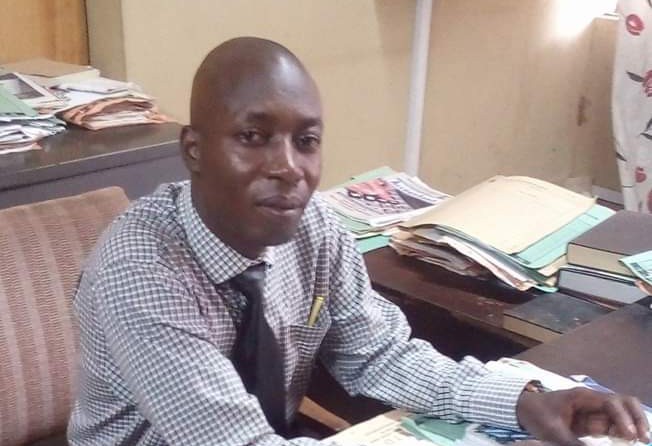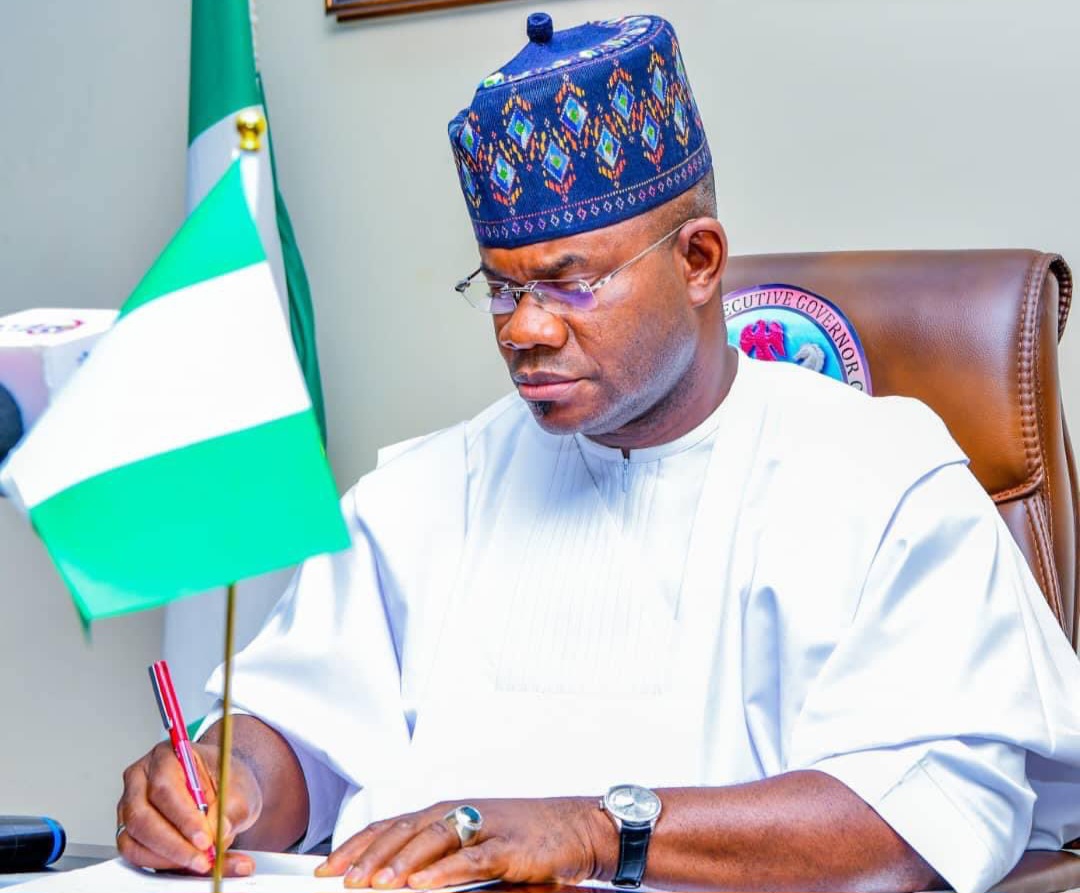After families of Tekenah Elkanah, Chiadika Biringa, Ugonna Obuzor, and Lloyd Toku, famously remembered as the Aluu 4, protested film maker Linda Ikeji’s debut movie, Dark October, the topic of consent for the adaptation of the true-life story has remained in the spotlight.
Dark October tells the story of the Aluu 4, students of the University of Port Harcourt who were falsely accused of theft in Aluu community, Rivers State, and subjected to jungle justice on October 5, 2012.
READ ALSO: Ahead of AIHR Film Festival in Lagos Organiser Receives 1224 Entries From 20 Countries
Eleven years after the event, and it is still a very sensitive topic in the country. Its adaptation as a movie has sparked a range of sentiments, the overriding one being whether or not consent from the subjects’ families was required to make the movie.
According to Rita Anwarah, head of legal and operations at Anthill Studios, there is no clear-cut legal obligation that filmmakers obtain the approval of the people whose stories they are adapting. However, she noted that for a story like the Aluu 4, it would have been best to seek the families’ approval.
“This wasn’t some historical event that happened a long time ago. It was their lives and it was done in the public eye,” she said
“At the end of the day she’s going to make a lot of money from this movie.
“The family should be able to have some say. Speaking with them would help her too. They could say let me see what you’ve written, and then she can always go back to get her story right,” Anwarah said.
She added that while the writer has the copyright and no legal obligations to consult the subject or families of the subject, seeking consent and consulting the subjects would prevent misrepresentation of the facts of events and possible defamation.
Dark October is not the first film that has been adapted from a true-life event in Nigeria.
In 2016, Bolanle Austen-Peters released 93 Days, a movie about the late Nigerian physician Ameyo Adadevoh, whose efforts were critical in mitigating the spread of Ebola in Nigeria.
Isakaba, a movie, from the 2000s told the story of vigilante group from Bakassi, who fought against criminal gangs.
Chimamanda Ngozi Adichie’s book, Half of a yellow sun, which was a story of events of the Nigerian Civil War, was also adapted into a movie in 2013.
However, while Adadevoh and Bakassi cases were positive stories of heroism, the Nigerian Civil War is one nobody could really lay claim to, unlike the ‘Aluu 4′ that reignites the sense of personal tragedy in the victims’ families.
Subscribe
Be the first to receive special investigative reports and features in your inbox.







